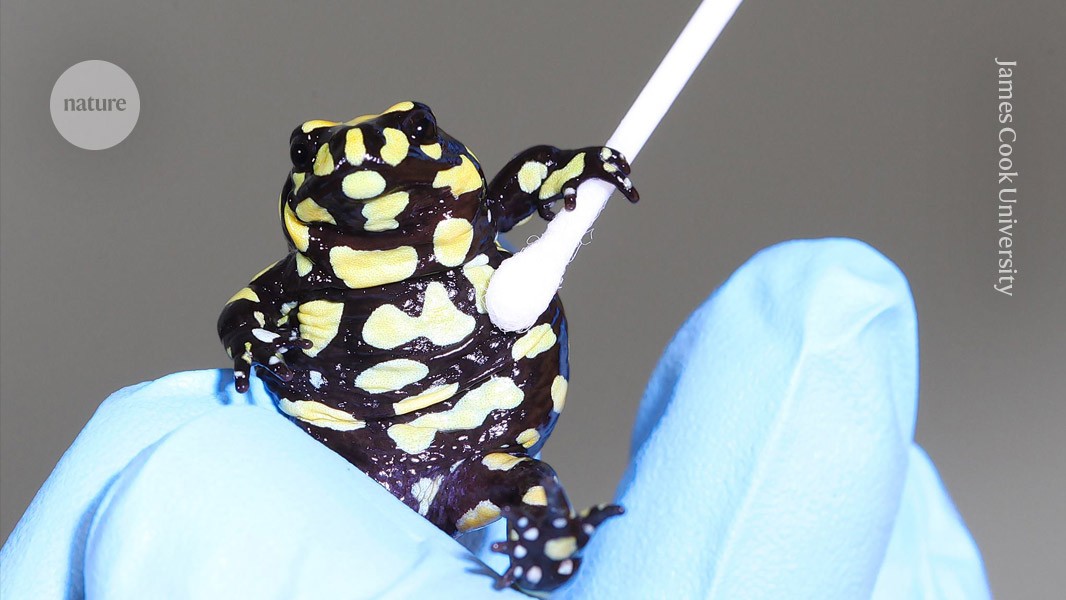
"The global conservation community is debating whether to ban the release of genetically modified organisms into the wild. Dozens of non-governmental organizations have called for a moratorium on field applications of synthetic biology - a technology being studied as a tool to fight diseases, control pests and help endangered species - saying that the approach has unpredictable consequences. But some researchers argue that an outright ban is too restrictive, and could have negative consequences for human health and biodiversity."
"A proposal for a ban will face a vote next week at a congress of the International Union for Conservation of Nature (IUCN) in Abu Dhabi. The IUCN brings together governments and civil society organizations to guide global conservation policy. Although decisions made by its members are not legally binding, they do influence legislation in many countries, says biologist Piero Genovesi, head of the Wildlife Service at the Italian Institute for Environmental Protection and Research in Rome."
"If members vote in favour of the proposed ban, it "could have stronger impacts in areas like Europe or Australia, where there are many lines of research focused on developing new tools based on synthetic biology for improving the efficacy of conservation action", Genovesi says. He is among more than 240 scientists who have so far signed an open letter asking IUCN members to reject the moratorium."
Conservationists and researchers are sharply divided over whether to ban releases of genetically modified organisms into the wild. Dozens of non-governmental organizations call for a moratorium on field applications of synthetic biology because of unpredictable ecological consequences. Some researchers warn that an outright ban could be overly restrictive and hinder tools that benefit human health and biodiversity. A vote on a proposed ban will occur at an IUCN congress in Abu Dhabi. IUCN decisions influence national legislation despite not being legally binding. More than 240 scientists have signed an open letter opposing the moratorium. Past moratorium proposals on gene drives were rejected.
Read at Nature
Unable to calculate read time
Collection
[
|
...
]